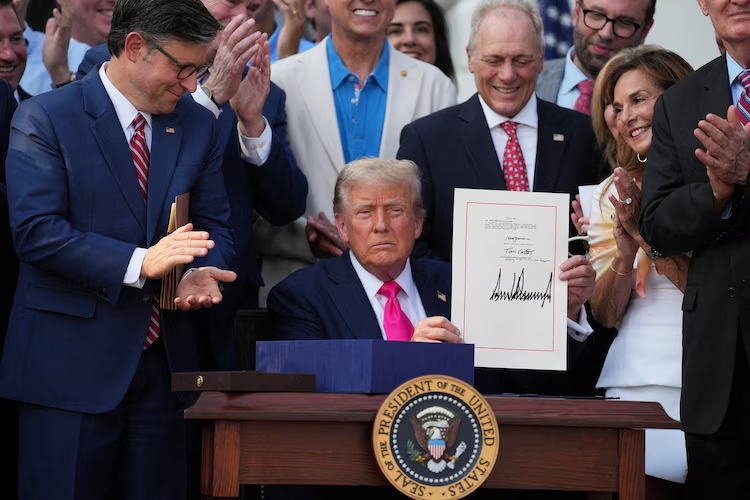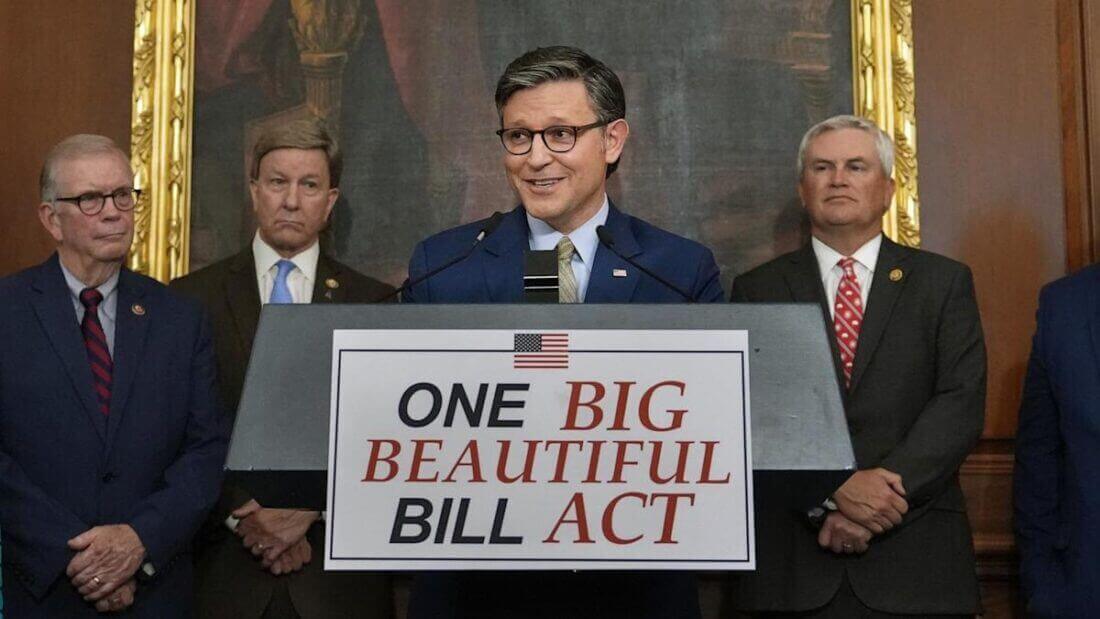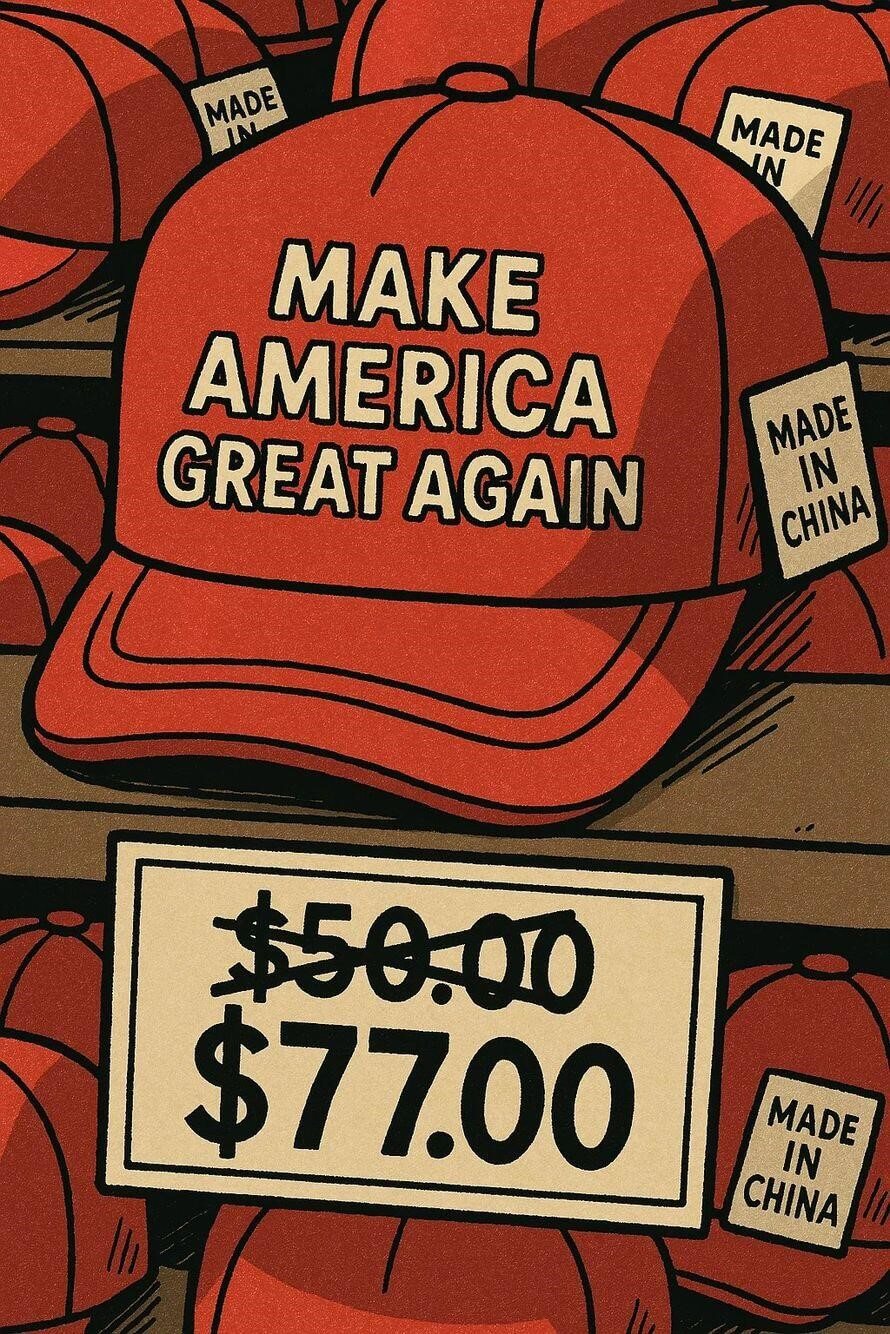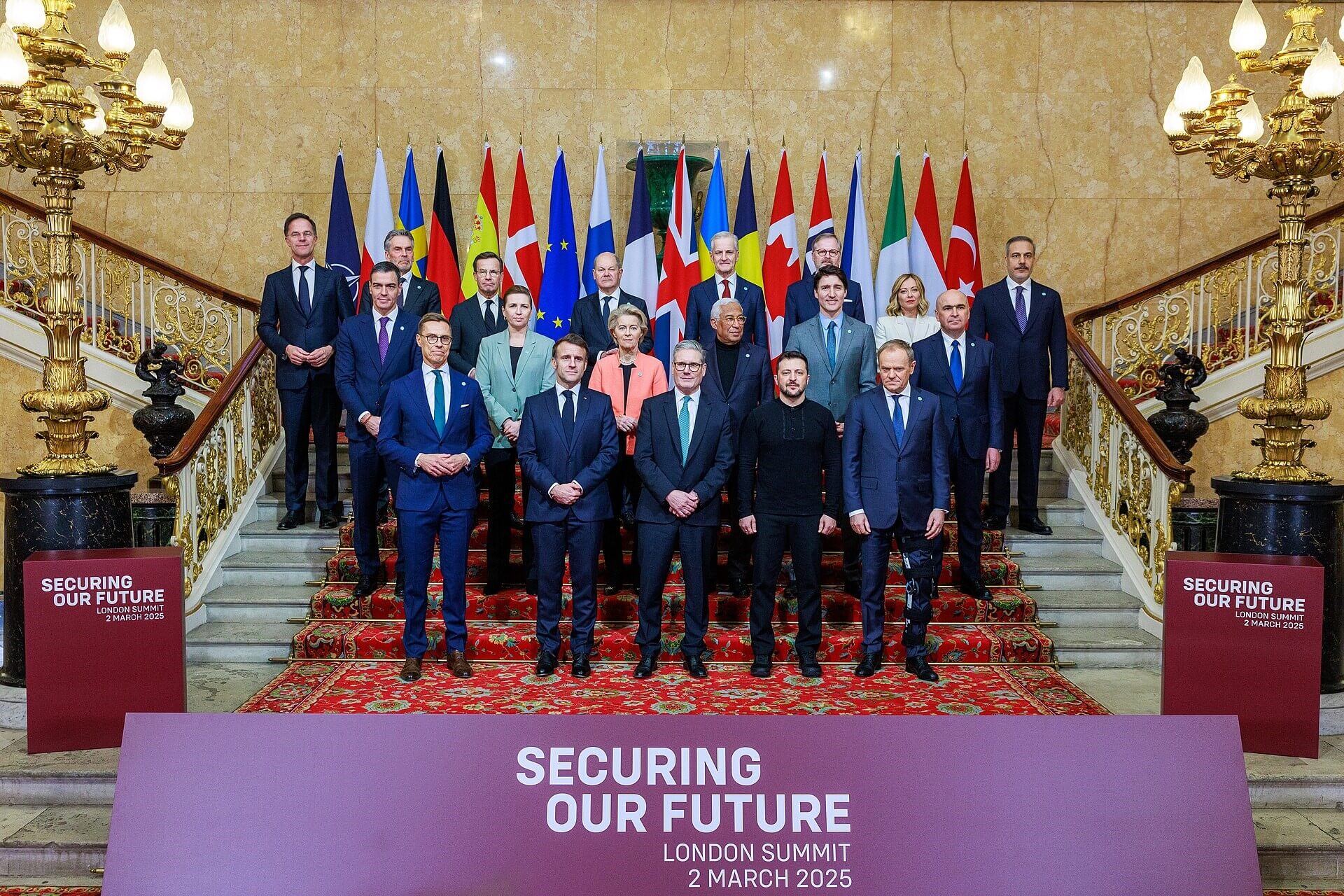Contrary to many expectations, the US elections produced a prompt and unambiguous result. The president-elect and his Republican party were effectively given a blank cheque, with a majority in both the Senate and House of Representatives. It thus appears likely that most of Donald Trump’s campaign promises will be fulfilled, with major economic, geopolitical and environmental implications.
Much has been written over the past days about the reasons behind Donald Trump’s victory. Simply put, from the perspective of the average US citizen, the Biden-Harris presidency was associated with higher everyday costs (food, gasoline and rent/mortgage). It clearly did not matter that high inflation was a global phenomenon (rooted in Covid-related supply and demand disruptions and the outbreak of war in Ukraine) and that US trade unions managed to force significant wage increases (which maintained workers’ purchasing power). That the first Trump presidency massively increased the federal debt burden, and that his announced policies will involve a further cumulative government deficit exceeding USD 5 trillion over the next 10 years, was clearly not an issue either for the average American.
The full consequences of this landslide Trump victory remain to be seen, but one thing already seems certain: US inflation will regain ground due to the planned import tariffs. It will therefore become more difficult for the Federal Reserve to pursue its rate-cutting cycle. Whether the additional import tariffs actually reach the level threatened during the campaign remains an open question, but the trend will certainly be one of increasing protectionism. Which, indubitably, means higher end prices for US consumers.
From an environmental perspective, the President-elect’s views are also clear. The US will again withdraw from the Paris Climate Agreement and stands to sharply increase oil and gas production. By the way, the future US Secretary of Energy comes from the shale oil sector. US national interests, in the form of greater energy independence and lower energy costs, clearly prevail over the transition to a net-zero emissions world.
With the appointment of Elon Musk and Vivek Ramaswamy as ‘reformers of the state apparatus’, there will undoubtedly be an outright assault on regulatory bodies (including the SEC, banking regulators OCC and FDIC, NASA, …). Thousands of officials will be fired and may or may not be replaced by Trump devotees. States with Democratic governors, such as New York and California, among others, are gearing up to oppose this move.
Elon Musk, meanwhile, is increasingly positioning himself as the serving vice-president in place of JD Vance, the vice-president-elect, as well as increasingly interfering in the geopolitical arena. A dangerous evolution because the CEO of Tesla, SpaceX and X Corp has no reputation of a stable personality, nor indeed any experience on the global political stage.
The President-elect is also tightening his grip on the military by proposing a new defence minister (a journalist friend with far-right views). Some generals can already count on an early retirement. The CIA is likewise coming under Donald Trump’s control via the appointment of John Ratcliffe, his former ‘director of national intelligence’.
Tom Homan, the former director of ICE (Immigration and Customs Enforcement) and presumed co-author of ‘project 2025’, will be in charge of border policy. He promises a mass deportation of immigrants without valid residence permits from day one of his official appointment (in January, that is). Preparations for deportation camps on the Mexican border are in fact already under way. The President-elect wants to use the Federal Police (and possibly the army) to track down and deport the ‘illegals’.
In a nutshell, Donald Trump is engaged in a well-prepared coup and is carrying out exactly what he had envisioned during his election campaign. He is visibly trying to set up a Putin-like regime in the US: an all-powerful president surrounded by loyal ‘oligarchs’, in this case the puissant wealthy entrepreneurs from the technology and investment industries.
Are we now really witnessing the end of US democracy, or will there be headwinds?
This brings us to the possible geopolitical implications of the pending change in US administration.
The president-elect has repeatedly stated that he will end the war in Ukraine. Exactly how this will happen and to what extent Vladimir Putin will prevail remain open questions. The role that the EU and NATO will play also remains unclear, to say the least. The EU is currently somewhat at a standstill, with political crises in Germany and France and a European Commission that is struggling to get out of the starting blocks. NATO is likely to emerge weakened should it lose the unconditional support of the US, which is certainly a possibility under President Trump. In Poland, alarm bells are already ringing, and the UK, Germany and France are being looked at to join forces in a first push for a European defence alliance. Should this materialise, it could eventually spell the end of the EU as we know it today.
As for the situation in the Middle East, it is still unclear how the various interests will play out. Israel will be able to count on President Trump in its battle with Palestinian Hamas and Lebanese Hezbollah. It is also likely to get the green light for an attack on Iran (with US logistical support). And the problem with the Houthis in Yemen remains in need of resolution, in order to free up passage through the Red Sea and the Suez Canal.
Saudi Arabia’s position – as a major regional power and oil producer – may be important in this regard. The relationship between Donald Trump and Mohamed bin Salman al-Saoud has always been good, especially in their shared dislike of Iran, but recent years have seen Saudi Arabia attempt to cautiously strengthen its ties with Iran. This probably has to do with the transformation Saudi Arabia is currently undergoing, from a pure oil producer to a more diversified economy. This obviously happens best in as stable an environment as possible. The Saudi government’s ambitious ‘smart city’ project, known as ‘The Line’, is an example of the ongoing transformation (currently accounting for demand for a fifth of the world’s total steel production) and indicates that the country would probably rather allocate its resources to this than to additional military spending.
Amid all these developments, Europe finds itself in an unenviable position. Even as the US moves to loosen its budget strings, little concerned about the impact on government debt thanks to its ownership of what is (still) the world reserve currency, many policymakers on the old continent are striking out in the opposite direction. The recently released UK budget includes the largest tax increase in 30 years, from an already high base. While some of this additional government revenue will serve to fund infrastructure investment, especially in renewable energy, most of it is earmarked for the National Health Service, which clearly needs extra money but is also, unfortunately, an unproductive sector. In France, too, the new prime minister wants to make further spending cuts and collect higher taxes. In Germany, the government has stumbled on the unsustainable zero deficit policy.
As for the EU at large, and despite prominent calls for much more ambitious investment plans (cf. Mario Draghi’s September 2024 report titled ‘The Future of European Competitiveness’), there seems to be no consensus around their implementation, with the usual Northern countries’ resistance to joint bond issues or any EU-wide form of fiscal policy.
It thus looks like Europe will continue to lag behind the US in terms of economic growth, particularly if it soon gets hit by import tariffs. The same scenario threatens China, by the way.
In the current situation of great uncertainty surrounding the possible global consequences of US policy under President Trump, and the reactions it brings about, which could really go either way, spreading investments to the maximum (across all asset classes and currencies) seems the most appropriate way to avoid pitfalls. After all, we are facing several years of high volatility and unpredictable events. Trying to be the smartest in the class does not seem appropriate at this point in time.









